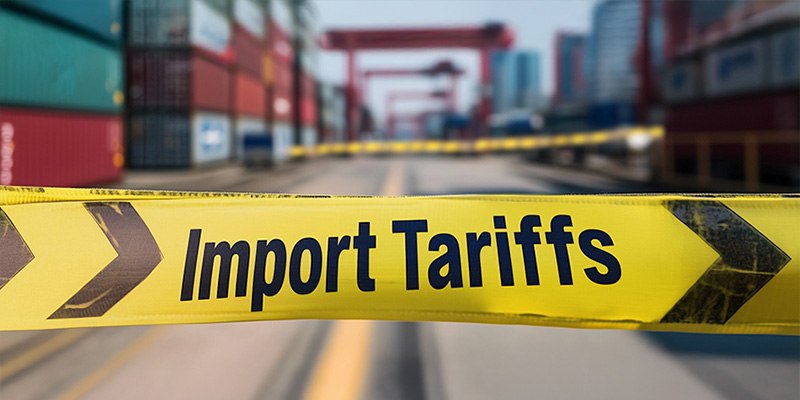
With renewed discussions around tariffs and trade restrictions, logistics professionals are once again bracing for cost volatility. Tariffs can be introduced with little warning, driving up landed costs, distorting rate structures, and squeezing already tight transportation budgets.
But while many companies scramble to react after a tariff is imposed, smart organizations are already looking ahead, using freight audit data to forecast impact and mitigate risk before the changes hit.
The Power of Historical Freight Audit Data
Every shipment your company has moved, every lane, carrier, surcharge, and invoice is a data point. When audited and aggregated, these data points form a powerful historical record that can be mined for predictive insight.
By analyzing historical freight audit data, you can:
- Identify which lanes and modes were previously impacted by tariffs
- Track how carriers adjusted pricing in response
- Compare contract vs. actual costs over time
- Pinpoint where surcharges or accessorial fees increased disproportionately
This isn’t just retrospective analysis; it’s the foundation for smarter forecasting.
Turn Data into Strategy
When tariff changes are on the horizon, having a detailed freight audit history allows your team to:
- Model potential cost increases by region, product type, or shipping mode
- Prepare budgets based on real-world pricing patterns
- Renegotiate carrier contracts with data-backed expectations
- Avoid cost surprises by flagging vulnerable lanes or supplier relationships
You’re no longer reacting to change. You’re planning for it, with data to back every decision.
A Strategic Advantage in Uncertain Times
Global trade uncertainty is unlikely to disappear anytime soon. The companies that thrive in this environment won’t just be the ones who cut costs, they’ll be the ones who understand them.
Your freight audit process isn’t just about validating invoices. It’s your most valuable financial planning tool in a volatile market.
Use your data to prepare, not just repair. See how freight audit analytics can future-proof your logistics